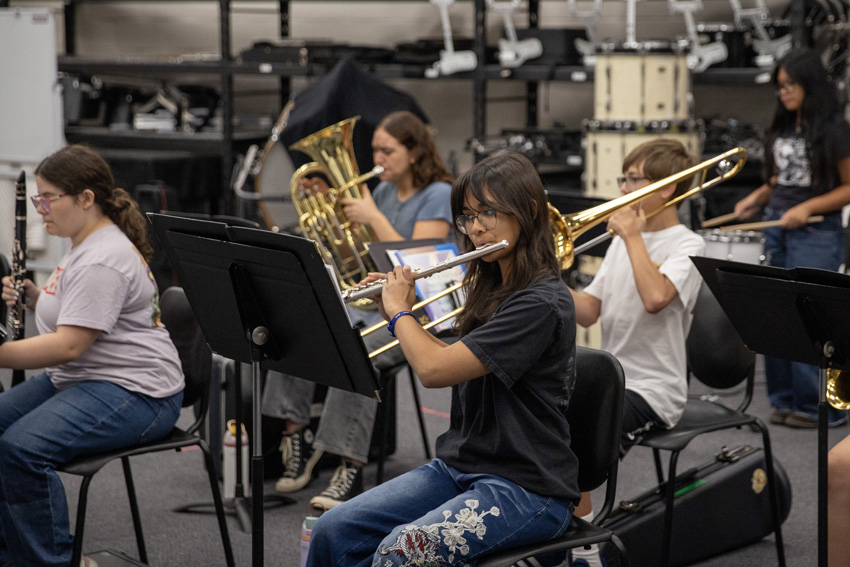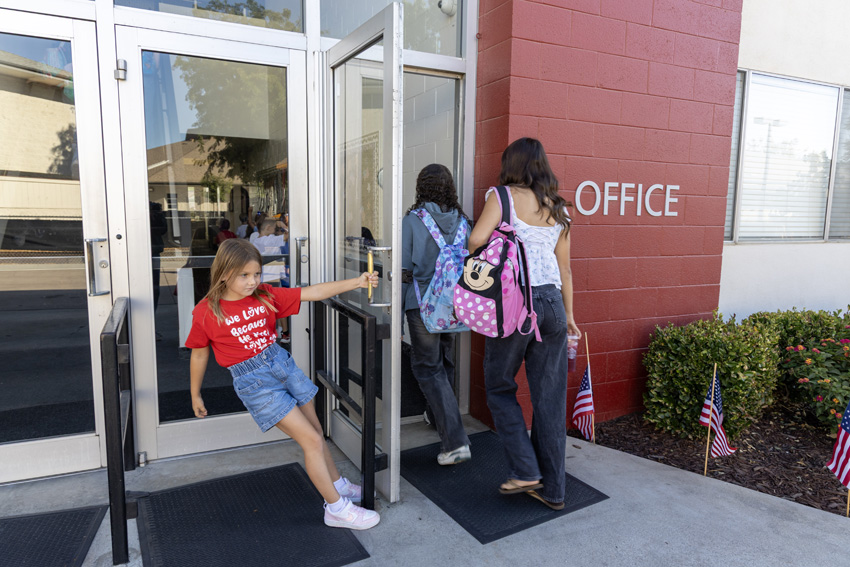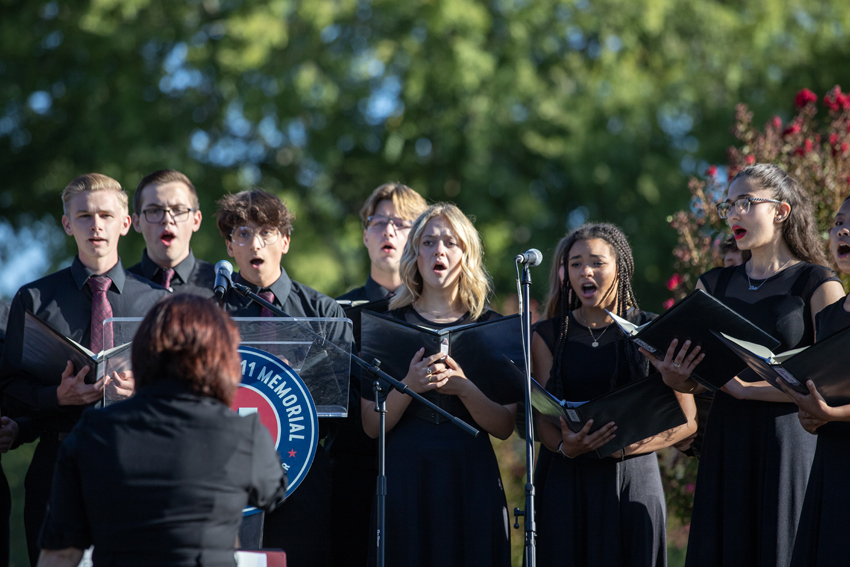Besides the inherent first-time traffic violation, few teens face the responsibilities of the buttoned-down atmosphere of a courtroom, let alone stand trial for criminal charges.
To discourage ignorance, civics teacher Robert Foshee holds annual mock trials to provide students with courtroom experience.
Foshee began his weeklong mock trials on Oct. 15, where students examined an imitation of the due processes involved in real-life court cases.
?The class simulates an actual court case with lawyers, witnesses, and juries,? Foshee said. ?By doing this the students are able to experience court cases from within the courtroom.?
Despite the constant arguments and rebuttals exchanged via attorneys and their witnesses, the pressures to find the accused guilty demonstrate the challenges presented as teens reach adulthood.
?Civics helps teach students the importance of their participation in society,? Foshee said. ?They also get a chance to do some actual activities that occur in real life.?
While no one spent time in jail during the trial, the final verdict concerning the accused remains in the hands of the jurors and their decision after a day of deliberation.
?It?s difficult to be on the jury because they hear differing testimonies and have to decide which person is telling the truth,? Foshee said.
Sarah Jimenez, ’08, served as a jury member to a case involving the accused Chris Archer, played by fellow senior Kedric Anderson, and whether allegations of hazing and murder held any truth in the death of a pledge to a fraternity.
?It can be kind of boring but at the same time interesting,? Jimenez said. ?You get to find out different points of view and decide whether the person?s guilty or innocent. It?s a very good learning experience.?
Since the trials? outcome only affects the attendants? grades, students often find laughter as a way to cope with the testimonies that may span the length of the period.
?The funniest parts of the trial,? Foshee said, ?are when witnesses point to the defendant during the case and say out loud, ?He did it!??
With the witnesses graded on their testimonies and jurors on their notes and deliberation, the attorneys rely on verbiage and quick wit to hold their presence in the court.
?I like watching the lawyers decide on their game plan for the case,? Foshee said. ?It causes them to think critically about what strategy will work best with the jury.?
With a laptop at hand and closing arguments written well in advance, Mitchell Callisch, ?09, portrayed a defense attorney.
?In our mock trial I was one of two defense attorneys,? Callisch, ?09, said. ?I was comfortable in my position and feel I did a good job, even though it?s hard to take a stand for the defendant when most people lean towards guilty.?






